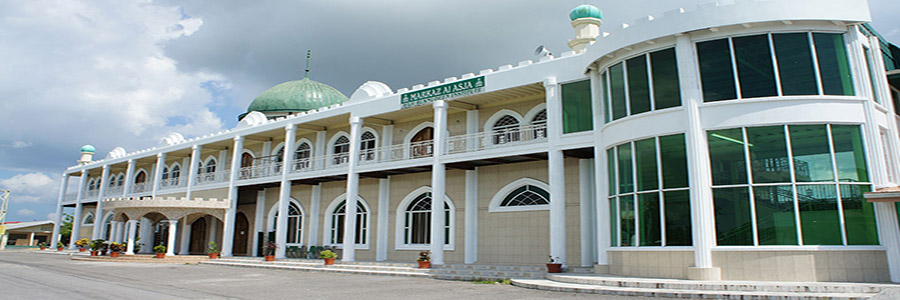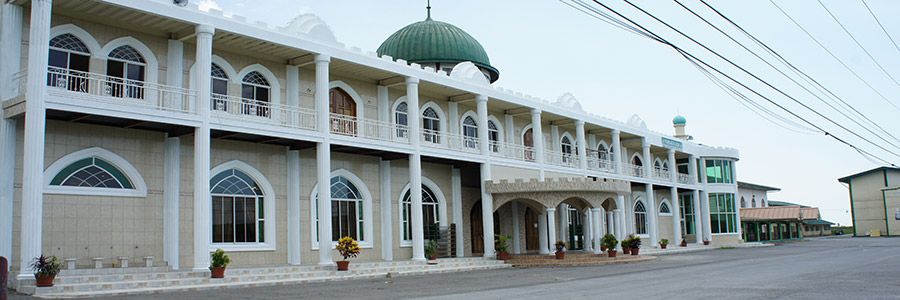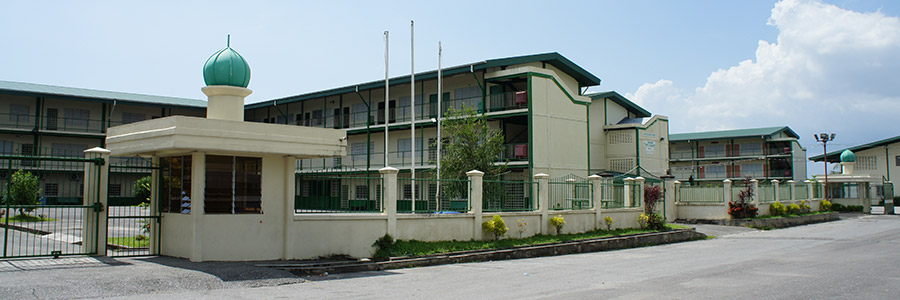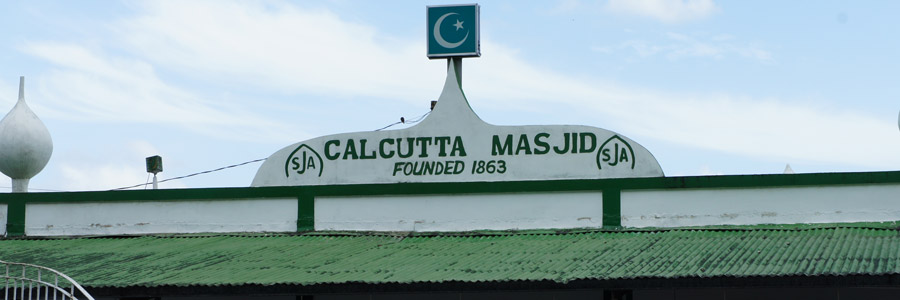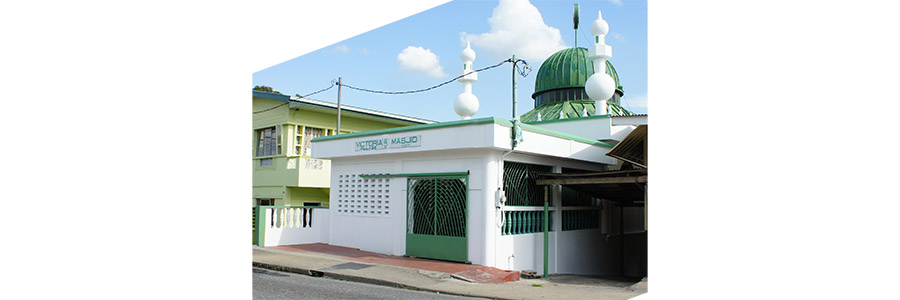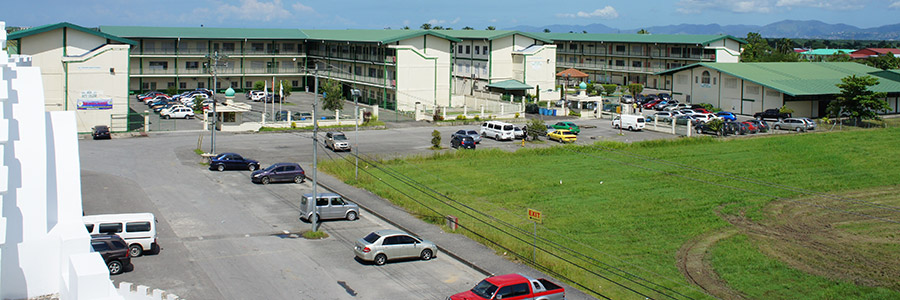Welcome
Asalaam u Alaikum, A universal greeting of peace to all visitors to the website of the Anjuman Sunnat ul Jamaat Association. We hope you find the information of immense benefit to you as we go along to inform you of the history and the activities of this religious organization established in 1935.
We hope that this website will be beneficial to the muslim brothers and sisters and the wider society. Please feel free to contact us on any matter concerning the association.
-- Haji Yacoob Ali - President General of the ASJA.
ASJA - A Brief Introduction
The Anjuman Sunnat ul Jamaat Association (ASJA) was founded in 1936 and is the largest and most influential muslim organisation of Trinidad and Tobago. With the attainment of national independence in 1962, the ASJA’s role in the community was augmented with the president general being placed on the government’s protocol list as the Chief Representative of the Muslim religion in Trinidad and Tobago.
The ASJA gained further prominence when the government of Trinidad & Tobago declared Eid-ul-Fitr as a public holiday, for the first time, and, to demonstrate the gratitude of the muslim community, the ASJA hosted a grand Eid dinner at the Trinidad Hilton in 1967 which the then Governor General, Sir Solomon Hochoy, officers and members of the ASJA, Heads of Government Departments, representatives of the Judiciary and the Diplomatic Corps attended.
The Origins of Islam in Trinidad & Tobago
Islam started in Trinidad & Tobago from as early as 1817 with the arrival of our African brothers and sisters which included members of the disbanded West India Regiment and who formed the early settlement now known as the Hondo River Settlement. The Islamic presence continued with the arrival of indentured labourers from areas of the sub-continent of India: Punjab, United Provinces, Faisabad, Calcutta, Madras, Benares, or Uttar Pradesh, etc. Our ancestors came with little material possessions but with faith. It was their daunting will to succeed that inspired their strong community based culture that promoted unity, kindness, fairness, and respect for each other.
The first wave of labourers gave way to greater numbers in the 1870's. They toiled in the fields and practised their respective faiths in the workplace and in their homes until, for the Muslims, Masajid were built. The early ones recorded are Calcutta and Victoria Village. Haji Ruknuddeen Sahib, who later became Qazi and then Shaikul Islam, was the first Imam at Victoria Village, while the late Dookie Meah is reported to have been the first Imam at the Calcutta Masjid. The Calcutta Masjid was the first and it was established in 1863. The land on which the masjid exists today was given to the late Dookie Meah who built this masjid for the muslims and the first ‘panchayat’ system started at that compound soon after.
In 1868, the then Governor, in a hand-written document, exempted the first masjid in Calcutta from the payment of rates and taxes. This legal document is honoured by the government of Trinidad and Tobago to this day. Then there was the masjid at Thomas Street in Chaguanas that later played a key role in the history and direction of the Muslim community. The late Sirajuddin Meah played a major role for the ASJA as Imam of that masjid. Iere Village and Realise Road Masajid were two others established late in the 19th Century. They are all active today.


